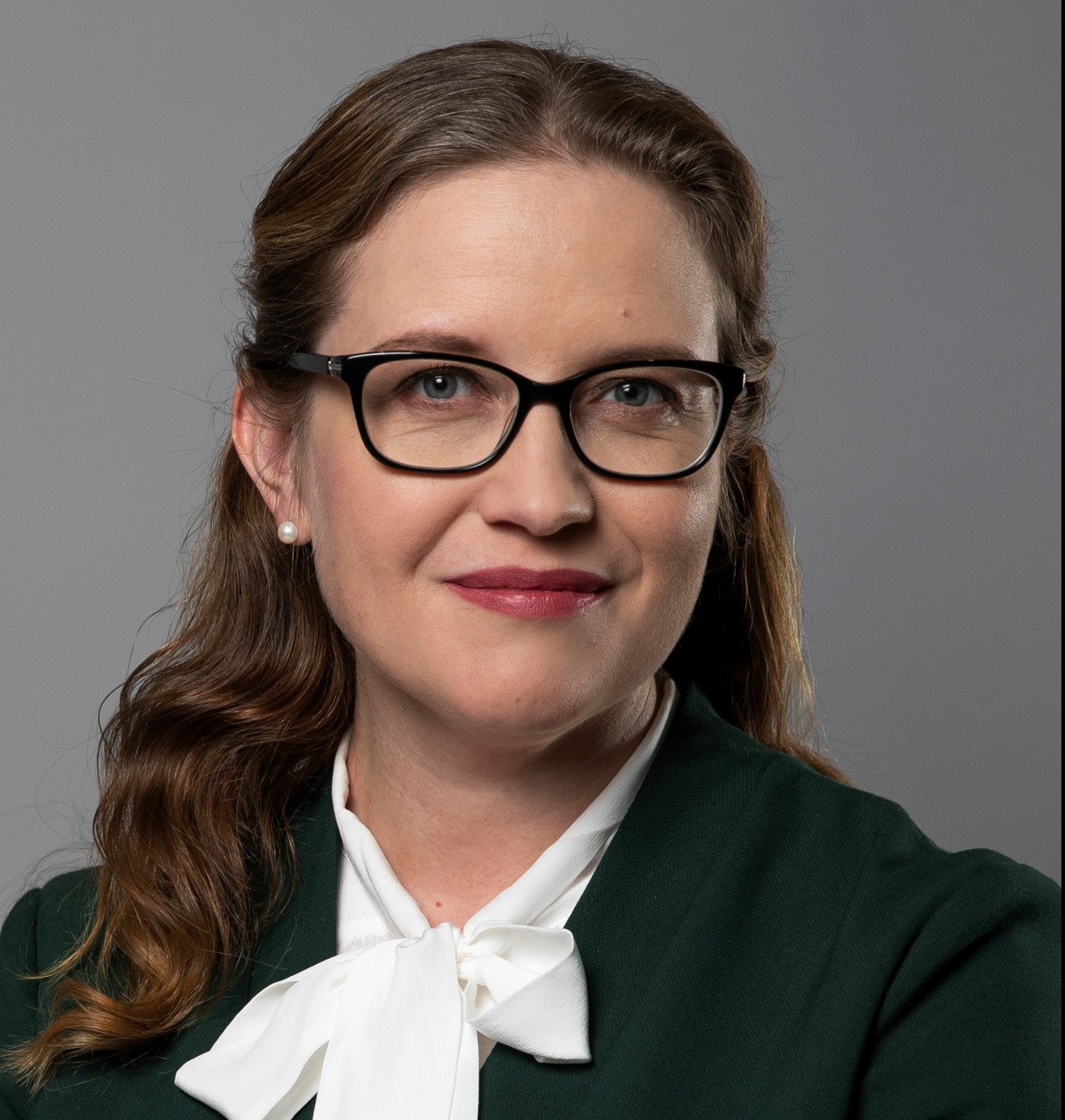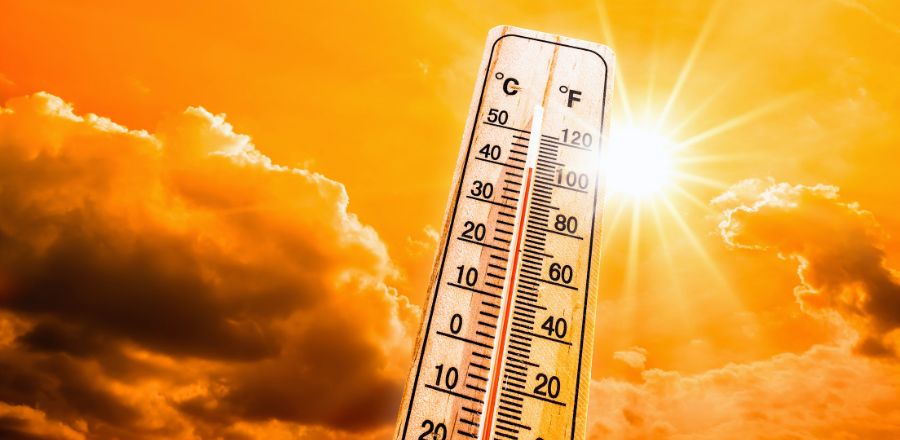The Civil Contingencies Agency’s theme week Preparedness Week (Beredskapsveckan) is on 23-29 September 2024. The topic this year is ‘Get started’ and around the country, local councils, county councils, civil society organisations and many more are investing in information and communication campaigns. But what exactly is preparedness?
If you look up the word preparedness in the Swedish Academy’s glossary, you find the definition ‘to have something ready for use’. If you then go to the same Academy’s dictionary, you can trace the history of the word from its introduction into the Swedish language from German in the 1640s, through its history of having primarily a military meaning, to its use today. The nuances in the meaning of the word have shifted slightly over time, but the basis is the same, preparedness is about preparation. It describes a state where something is ready to be used when needed.
Right now, there is a lot of talk about preparedness. Not only because the third week of September each year is the Swedish Civil Contingencies Agency’s theme week and communication initiative , but also because, in the wake of the COVID-19 pandemic and in a geopolitical unstable world, the public debate is increasingly focused on matters related to preparedness.

Photo: n/a
Justifying investments in something that has not happened yet is a challenge
The at Karolinska Institutet brings together expertise in both health crises preparedness and response. is the Centre’s expert coordinator for policy and preparedness. She knows from experience that preparedness can often be easier to talk about than to actually implement, not least because it involves investing in, and paying for, something that we do not know for sure whether we will need. The nature of preparedness is that the need – when we will actually use what we are building preparedness for – has not yet occurred.
It is often difficult to justify investing, especially money, in something that has not yet happened. After all, there is always a risk that what you are investing in will not be needed. In that way, preparedness can be seen as similar to an insurance premium. For example, there are good reasons to invest in material preparedness, such as emergency stocks or shelters. But this cannot be done exclusively at the expense of other societal functions. For example, say we were to cut the social security system significantly to pay for a major shelter programme, social insurance is also part of a country’s civil preparedness, by providing security and predictability, something we saw not least during the COVID-19 pandemic, where the possibility of being on sick leave with compensation for symptoms was an important tool to combat the spread of the virus. The level of risk taking versus costs – and what cannot be prioritised – is an important part of the democratic process.
Expertise in higher education institutions can contribute to preparedness
In many parts of the country and in many organisations, work is underway on matters related to preparedness. The expertise available at universities can then be of great value to the rest of society. During 2024, the will publish a news article a day on the theme of preparedness, focusing on various areas of expertise of the Centre’s expertise.







